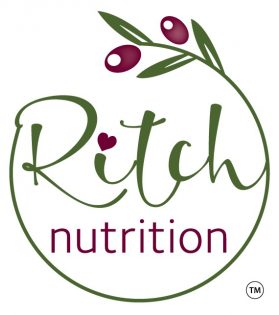It's so much more than a vitamin, Vitamin D3 is in fact a hormone.
Here’s why you don’t want to be deficient in this vital nutrient at menopause:
🩻 Bone Health: Vitamin D3 helps your body absorb calcium, ensuring your bones stay strong and healthy, reducing the risk of osteoporosis and fractures.
😸 Mood Boosting: Vitamin D3 plays a vital role in regulating mood and combating feelings of anxiety and depression.
💓 Heart Health: Vitamin D3 supports cardiovascular health, helping to keep your heart in good condition and feeling energetic.
🦠 Immune support: Vitamin D3 strengthens your immune response, helping your body fight off infections and illnesses, even more important at this time of year.
⚖️ Hormonal Balance: Vitamin D3 supports hormone regulation and can ease symptoms like hot flashes and sleep disturbances.
🔥Inflammation: vitamin D3 may have anti-inflammatory effects on your entire body.
The best source of Vitamin D3 is from sunlight, by exposing your skin to the sun’s UVB rays it can be produced in the body. However at this time of year the sun isn’t high enough in the sky for this to happen. Plus, we spend so much of our lives indoors or when outdoors we wear sun-screen, that levels of deficiency are rising.
Even if you eat vitamin D3 in food such as fatty fish, eggs, fortified dairy and mushrooms, it is unlikely to be enough.
The NHS recommend that we all supplement this essential vitamin in the winter. But how much do we need?
The only way to know for sure is to test. This is very easy and cheap to do [ca. £35] in a home finger-prick test.
DM me for details of the tests I use.

